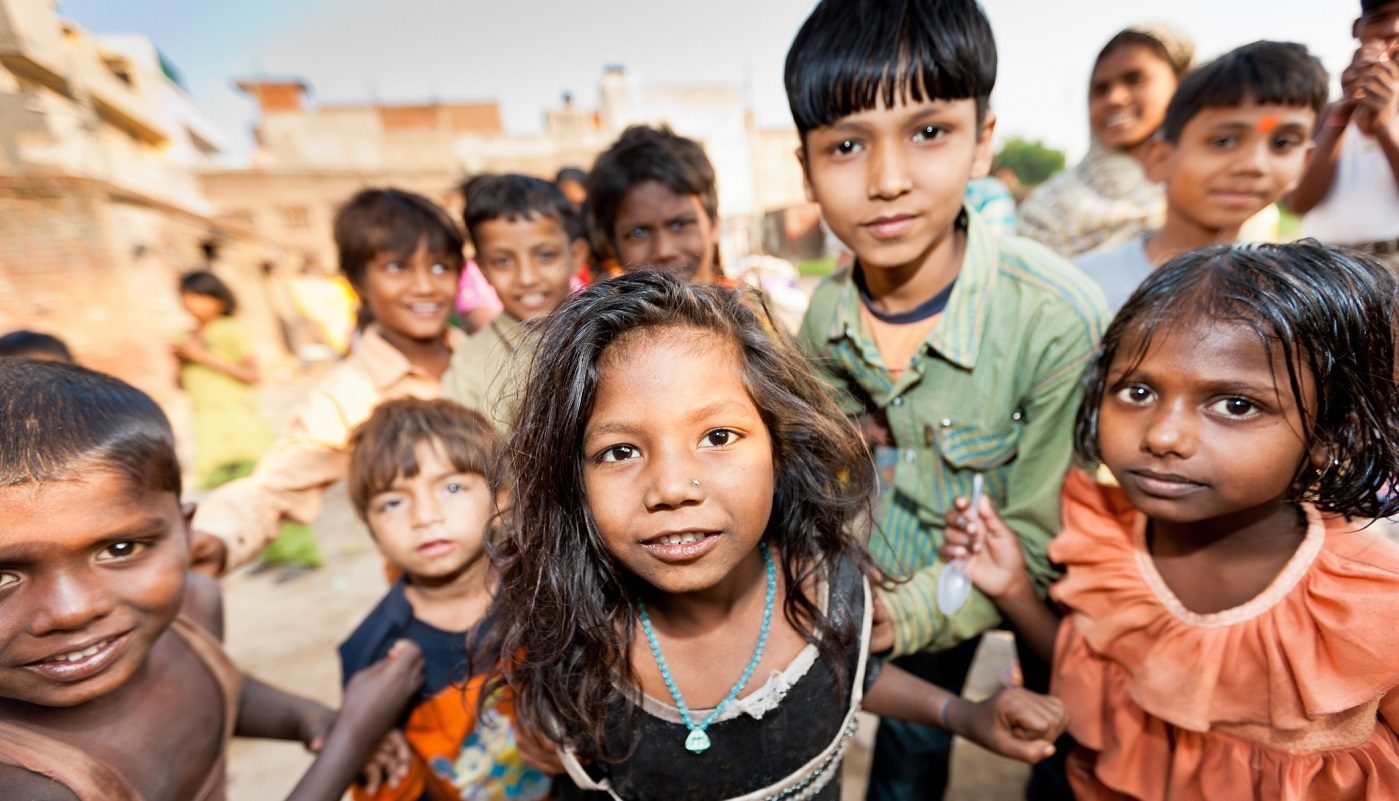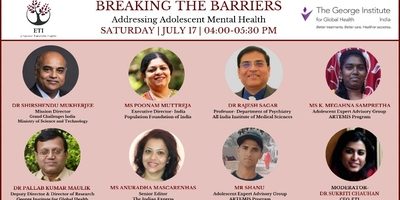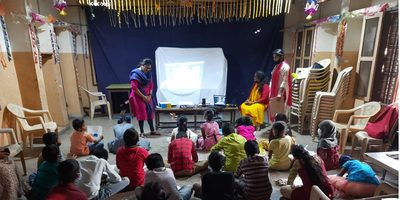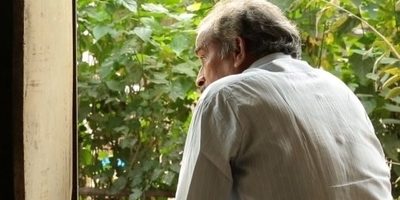
ARTEMIS: Adolescents’ Resilience and Treatment nEeds for Mental health in Indian Slums
Adolescents (defined by UNICEF and the funding call as 10-19 years) are vulnerable to Common Mental Disorders which are leading causes of death and disability for this group, in India. There are around 250 million adolescents in India. Depression and self-harm account for a major share of the burden of death and disability in this age group. A study from rural India found that suicide rates amongst adolescents are amongst the highest in the world (148/100,000 and 58/100,000 for females and males, respectively). Of those with depressive disorders, only 1 in 27 people receive effective treatment in low- and middle-income countries, such as India.
Barriers to care include both demand and supply side factors such as lack of awareness of mental health needs, public and internalised stigma, and few accessible health staff. These problems are exacerbated in urban slums where rates of poverty, unemployment, and interpersonal violence (among males and females) lead to increased rates of mental disorders, with less access to mental health care. Our preliminary work has underlined the importance of the anti-stigma component in implementing the overall project, especially given the low level of knowledge about mental disorders in the community and myths surrounding it and the role of stigma in help-seeking is well documented.
Additionally, it is important that affordable, accessible, effective treatments are available to tackle mental disorders, and individual resilience is strengthened, by providing healthcare support and an avenue to discuss problems in a non-stigmatizing manner.
Aim
1. To identify if community-based anti-stigma campaign leads to significant improvements in community’s behaviours toward adolescents with mental disorders residing in urban slums.
2. To use a mobile device-based decision support system for primary healthcare staff (PHC) and finds its impact on lowering depression and suicide risk in adolescents living in the same community.
Research Methodology
The proposed trial will be an implementation cluster randomised trial assessing effectiveness and including process and economic evaluation, with wards/blocks (including only slums) being the unit of allocation. The trial will test clinical effectiveness and implementation strategies across two geographical locations in India and draws on pilot research similar interventions but on rural adult populations in India. It is in line with current national and international policies related to reduction of the burden of mental illness among adolescents. The key components of the trial will be an anti-stigma component, and a mHealth component.
Current Status
Site selection and developing of tools is underway.
Recent Update
A policy symposium was organised to explore how ARTEMIS could be aligned with national programmes like the Rashtriya Kishor Swasthya Karyakram (RKSK) and the National Mental Health Programme (NMHP) and international policy frameworks such as the WHO's Mental Health Action Plan (2013-2030) and the Sustainable Development Goals (SDGs) on the 2nd of March 2023 in Delhi and on the 4th of March 2023 in Vijayawada. Read the full Policy Symposia on ARTEMIS








